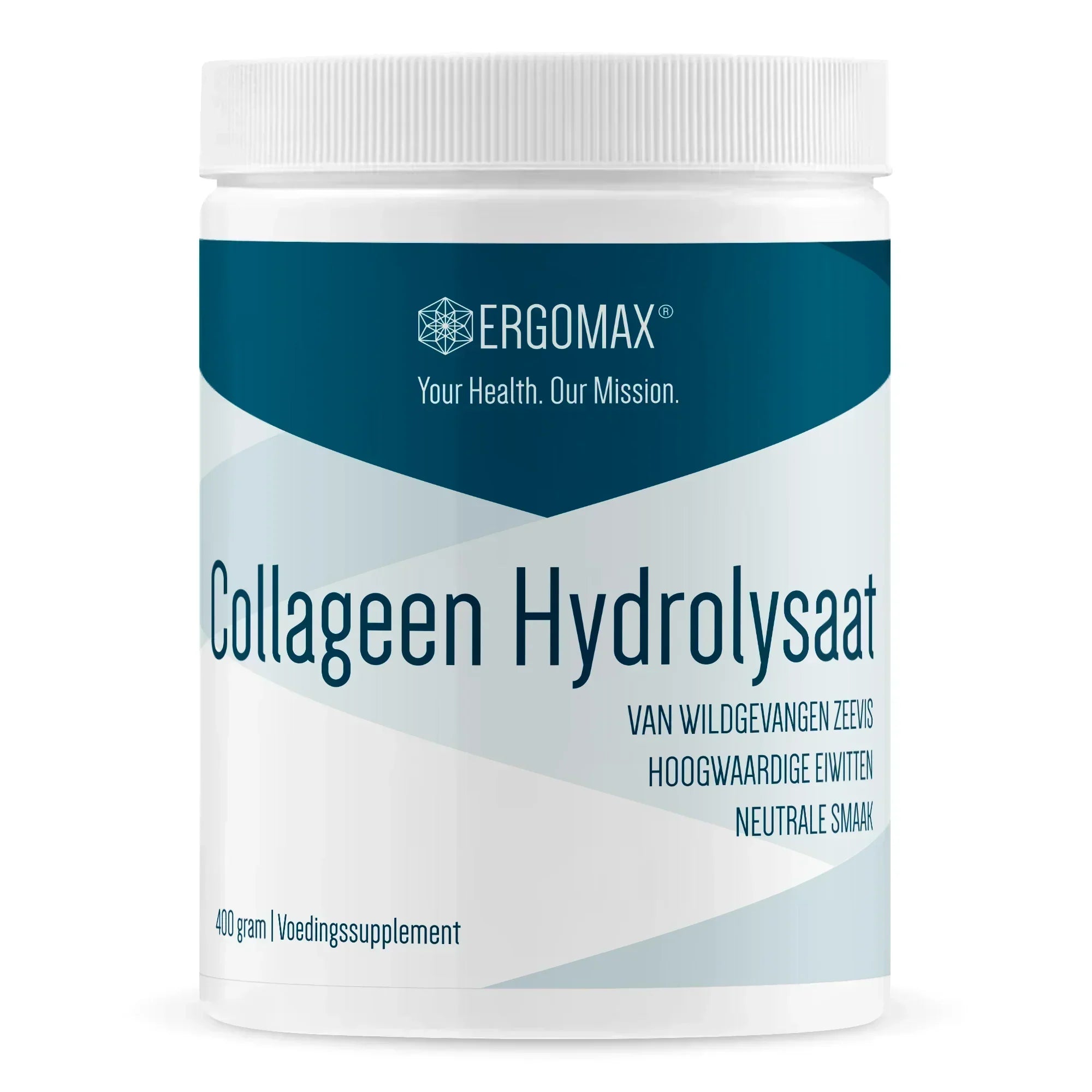What you need to know about testosterone
What you need to know about testosterone
Testosterone is an important hormone that plays a significant role in both physical and mental health. While often associated with men, it's also essential for women. In this blog post, we'll discuss what testosterone is, how it's produced, and how you can ensure your body produces enough testosterone.
What is testosterone and how is it made?
Testosterone is a steroid hormone produced primarily in the reproductive organs: in the testicles in men and in the ovaries in women. A small amount is also produced by the adrenal glands. The hormone is made from cholesterol, just like estrogen, progesterone, and cortisol. Our testosterone production is influenced by age, diet, exercise, and stress levels.
How do you maintain your testosterone levels?
To optimize testosterone production, a healthy lifestyle is essential. Here are some important tips:
-
Adequate sleep: Poor sleep quality significantly lowers testosterone levels.
-
Limit chemical exposure: Avoid skincare products containing parabens, phthalates, and triclosan, which can disrupt hormone balance.
-
Stress Reduction: Chronic stress increases cortisol levels, which inhibits testosterone production.
-
Healthy diet: Make sure you get plenty of zinc and magnesium-rich foods such as nuts, seeds, oysters, pumpkin seeds, beef and green leafy vegetables.
-
Vitamin D and sunlight: Sufficient sunlight helps with the natural production of vitamin D, which is crucial for hormone balance.
-
Strength training: This stimulates testosterone production and supports muscle growth.
-
Healthy weight: Being overweight can increase the conversion of testosterone to estrogen, which upsets the balance.
What does testosterone do in the body?
Testosterone supports numerous functions, including:
-
Muscle mass and fat distribution: Helps with muscle building and healthy fat distribution.
-
Energy levels: Plays a role in maintaining healthy energy levels.
-
Libido and fertility: Important for sexual function and sperm production.
-
Bone health: Supports strong bones and reduces the risk of osteoporosis.
-
Mental health: Contributes to a stable mood and mental sharpness.
Conversion of testosterone to estrogens
Testosterone can be converted into estrogen by the enzyme aromatase, particularly in fat cells. Estrogen plays a role in libido, sperm production, and bone health in men. However, a high body fat percentage can lead to excessive conversion, which causes hormonal imbalance.
Conclusion
Testosterone is an essential hormone with a wide range of functions. By maintaining a healthy lifestyle, you can support testosterone production and improve your overall health. Always consider seeking advice from a doctor or specialist if you experience hormonal issues.


